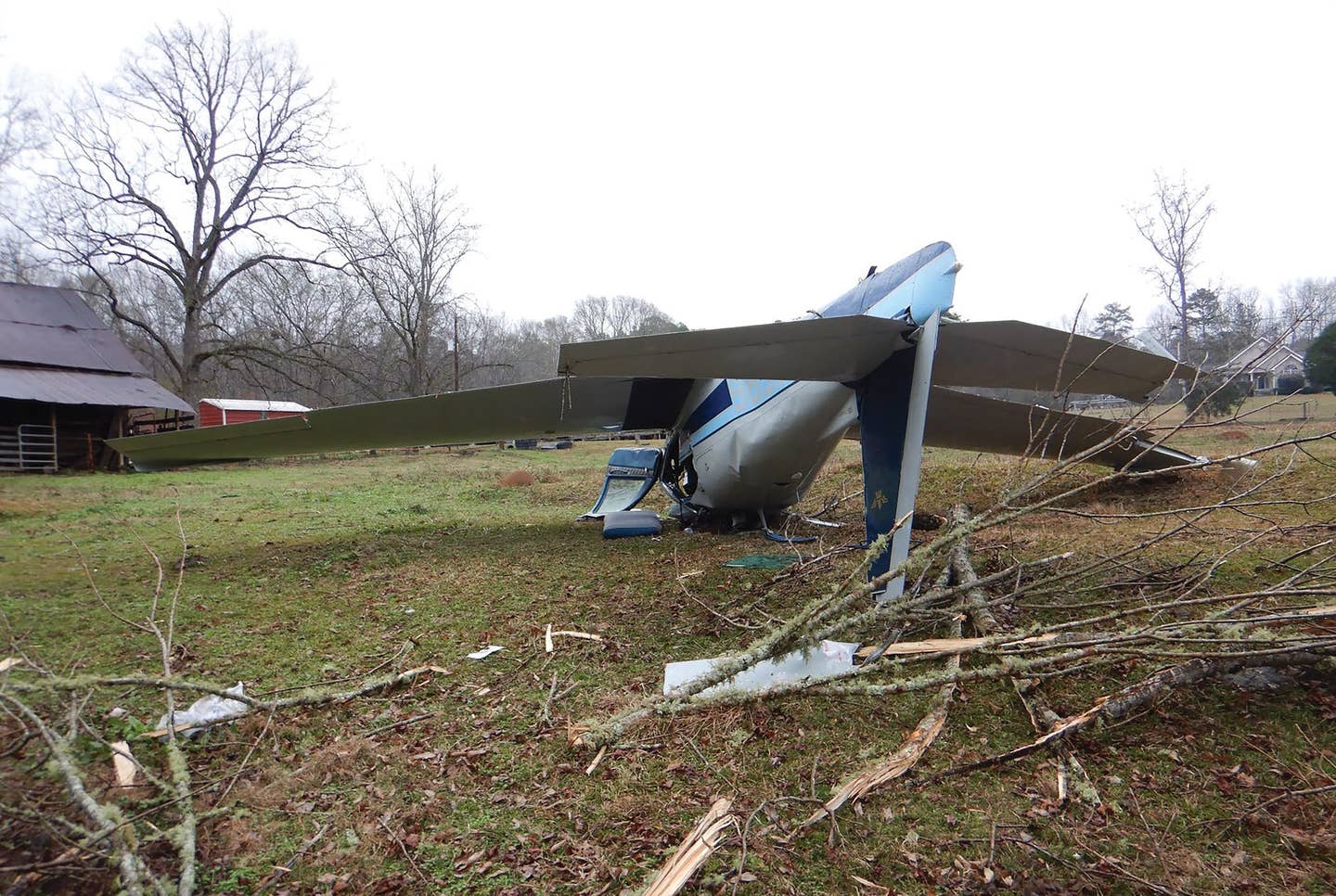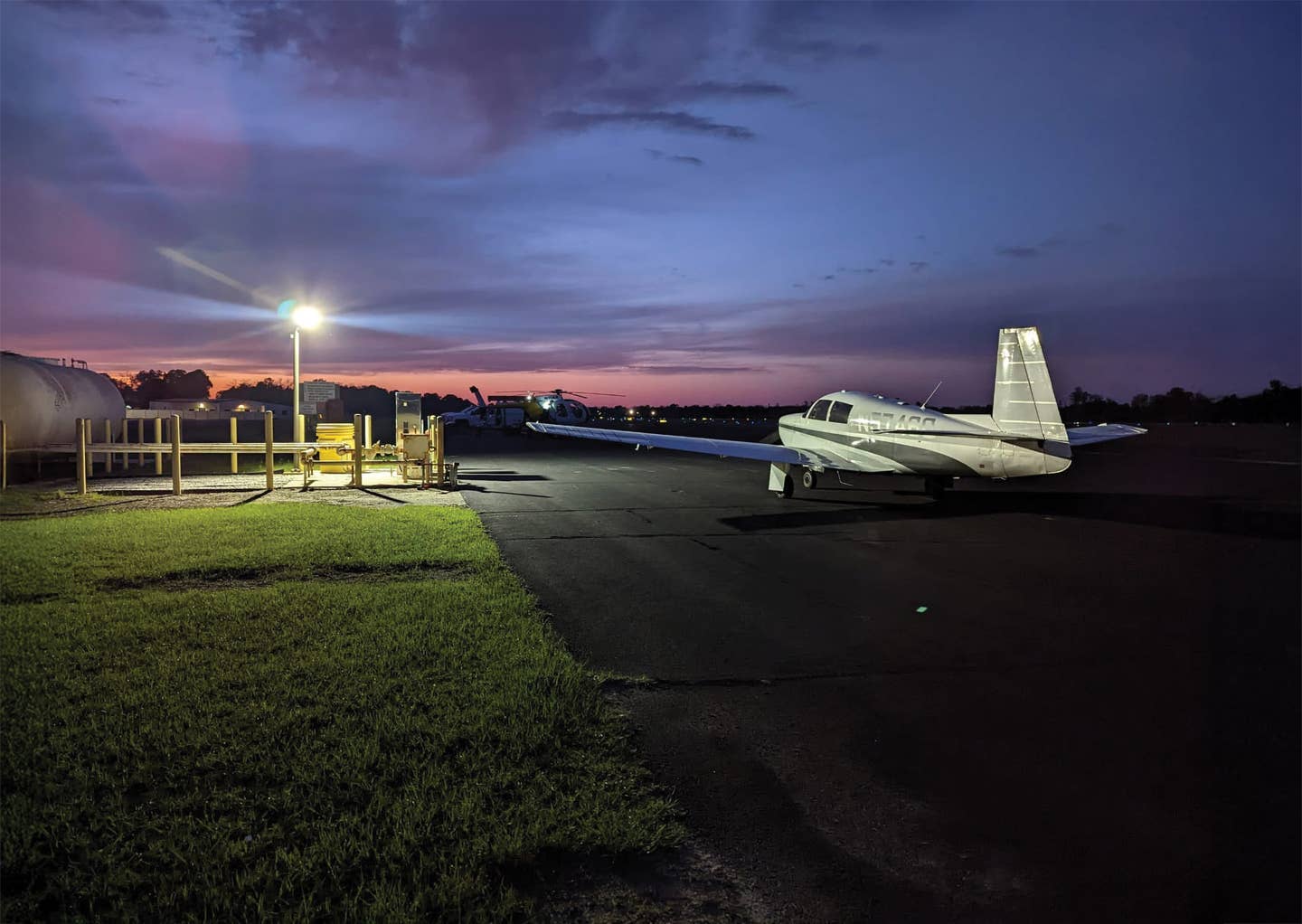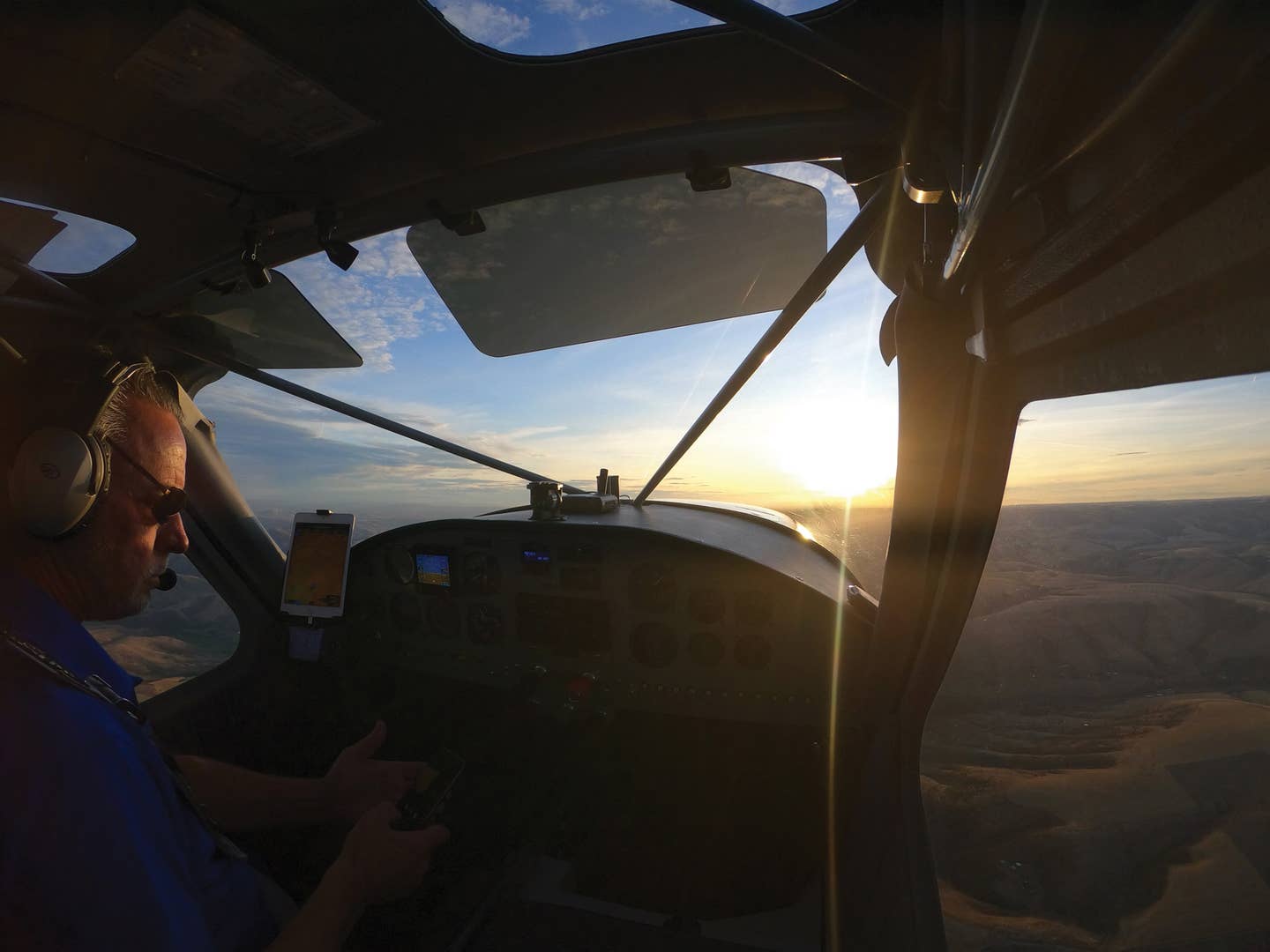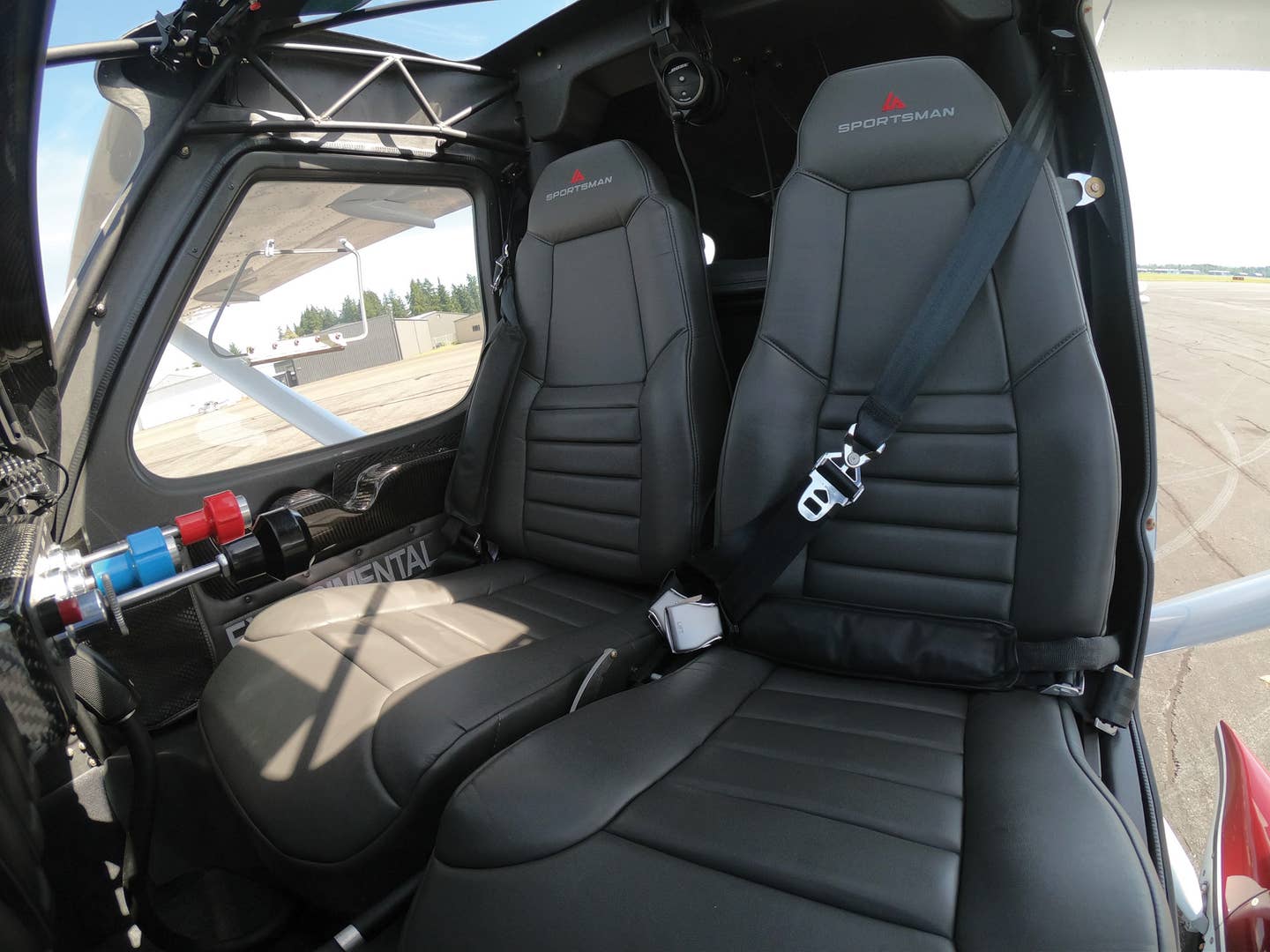Op Ed: Flight Training Will Come Back Stronger And Sooner Than You Thought
Why fearmongering in the aviation industry is wrong and short sighted.
"So much for that pilot shortage" is a headline that can be found right now on an article posted by AOPA.
The pandemic has certainly hit the industry in a big way fast, but to put the last nail in the coffin of the entire industry there must be some sort of data, studies, or hard evidence to substantiate such claims, right?
Articles like this can be found all over industry-friendly websites, and apparently they are getting clicks, because they keep coming.
It is time to have conversation about what has happened historically to commercial aviation after major events. It's also time for industry professionals to have a dialogue about the real health of the industry rather than outsiders telling us what our future holds.
2 Causes of Less Airline Travel- Fear and Economy
There are historically 2 causes of decrease in air travel- fear of air travel and a hurting economy.
We have an example of each of these from the past 20 years.
Fear
Although one could argue that the events of 9/11 were a combination of a weak economy coupled with fear of flying, it can be inferred by the market trends of the time and the number of air travelers month to month that fear played a much larger role than the recession. By July of 2003, however, the number of air travelers had recovered to pre 9/11 numbers. The fear caused by the thought airliners being used in terrorists' attacks only slowed air travel down for a short period of time, and completely returned to normal operations in 2 years.
It's important to distinguish the fear caused by 9/11 from what we are experiencing currently. The fear of flying right now is not inherent to the act of flying- people aren't scared of aircraft like after the September 11 terrorist attacks.
Economy
If fear of flying is not a concern, one other factor that could hinder air travel is the economy.
The Great Recession of 2008, at the time was the worst economic recession since the great depression. It barely made a dent in the total number of air travelers. 10 million fewer travelers for one year in 2009, and then the trend went right back to continuing upward at a dramatic rate. It is safe to infer from the market trends and total number of air travelers that air travel is minimally affected negatively by a poor economy and is exponentially affected positively by a strong economy. Airlines will also market aggressively to return passenger loads to their pre-pandemic levels.
To summarize- it is a very safe bet that more and more people will continue to fly after consumer confidence is restored. Nothing that we've seen in the past has slowed the upward trend, and this will continue. People WILL continue to fly.
What About Pilot Hiring?
The above numbers are predictions prior to the pandemic. Recently, airlines have offered early retirements packages that only account for a fraction of the total future need for new pilots. Age 65 is a hard number for retirement, and the airlines historically have retired a percentage above the hard numbers listed above. This raises two questions: What does this do to the already inevitable pilot shortage once regular flying returns to normal? What will this mean when the number of air travelers continues to increase?
The Regionals aren't flying right now either, and hiring has been halted at nearly all regionals.
What many may not know is that most of these regionals have not stopped interviewing and have continued their "cadet" programs at their partnered flight schools. We have seen this firsthand - our regional airline partners at Thrust Flight are still prepared to start hiring at the drop of a hat and are still planning to be able to hire many pilots once people start flying again.
In my view, once regular air travel starts up again, majors will hire a large portion of the experienced pilots flying for the regionals, and regionals will be forced to increase their recruitment efforts from the most reliable source they have for pilots- Flight Schools.
Because of all this, I still maintain that now is a phenomenal time to consider a career as an airline pilot. While it admittedly has been a bad few months to be a student just finishing their required hours, this lapse in hiring pilots will surely result in a surge once normal flight operations resume. A student starting today won't be eligible to be hired at an airline for approximately 2 more years. By that time, hiring numbers will, in my opinion, be higher than they were before the pandemic hit.
Even though airlines are in a temporary rough patch, the world still needs more pilots.
My call to action to each of my aviation colleagues: This industry has been good to all of us. It is time to think of future aviators. Fear mongering does them a great injustice. This is not the time to stomp our feet and get emotional. Pilots are logical by nature, so why are we reacting without thinking? Pilots are better than this. This industry is better than this. We need to come together and support this industry so that those that come after us have the chance to reap the same benefits that we have.
Patrick Arnzen is a former airline pilot, DPE and founder and CEO of Thrust Flight, a flight training academy headquartered in Addison, Texas.

Subscribe to Our Newsletter
Get the latest Plane & Pilot Magazine stories delivered directly to your inbox






